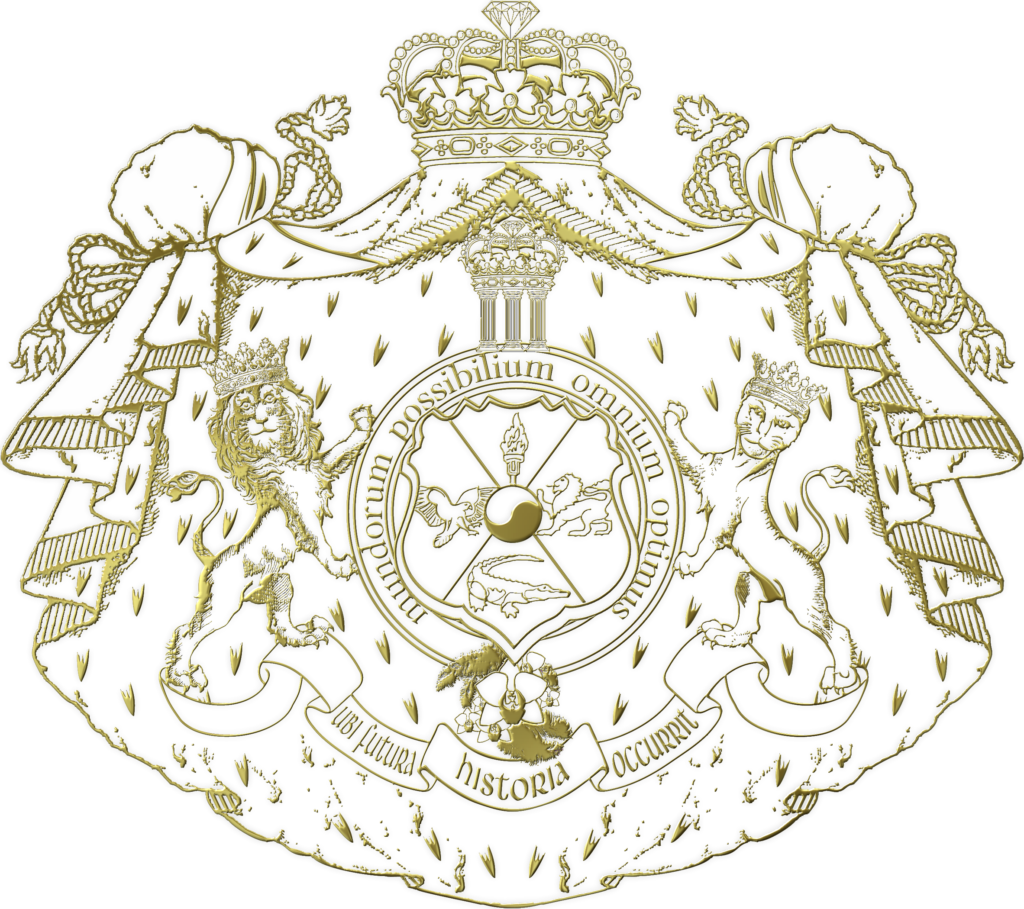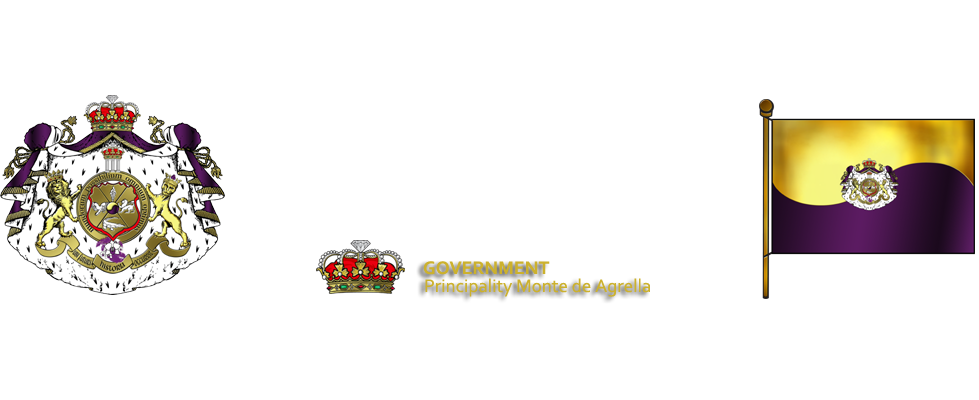Citizenship
Citizenship (or “Nationality” is often used as a synonym for citizenship in English). Citizenship is the status of a person recognized under the custom or law of the Principality that bestows on that person (called a citizen) the rights and the duties of citizenship. That may include the right to vote, work and live in the country, the right to return to the country, the right to own real estate, legal protections against the country’s government, and protection through the military or diplomacy. A citizen may also be subject to certain duties, such as a duty to follow the country’s law, to pay taxes, or to serve in the military. A person may have multiple citizenships, and a person who does not have citizenship of any state is said to be stateless.
Usually permanent residents may apply for citizenship by Naturalization after a period of residency in the country concerned. Dual citizenship may or may not be permitted.
The Principality will determine if an application for Naturalization can be denied on character grounds, sometimes allowing people to reside in the country but not become citizens. The number of years for residency requirements for citizenship will be determined, including decisions about permanent residents who have been married to a Principality citizen.
Application forms are available upon request. dept.interior@pmda.org

